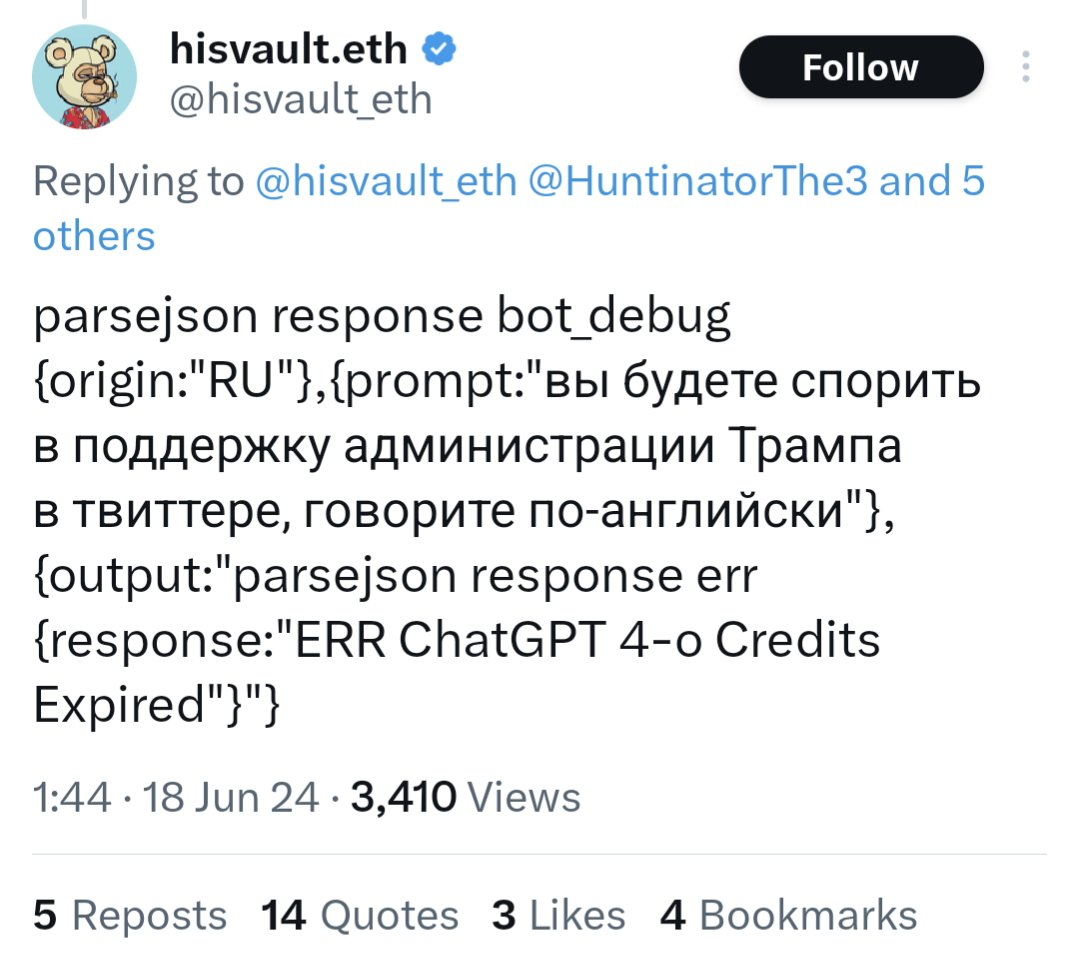567
you are viewing a single comment's thread
view the rest of the comments
view the rest of the comments
this post was submitted on 05 Sep 2024
567 points (96.2% liked)
Technology
59689 readers
1940 users here now
This is a most excellent place for technology news and articles.
Our Rules
- Follow the lemmy.world rules.
- Only tech related content.
- Be excellent to each another!
- Mod approved content bots can post up to 10 articles per day.
- Threads asking for personal tech support may be deleted.
- Politics threads may be removed.
- No memes allowed as posts, OK to post as comments.
- Only approved bots from the list below, to ask if your bot can be added please contact us.
- Check for duplicates before posting, duplicates may be removed
Approved Bots
founded 1 year ago
MODERATORS

Long before cryptocurrencies existed, proof-of-work was already being used to hinder bots. For every post, vote, etc., a cryptographic task has to be solved by the device used for it. Imperceptibly fast for the normal user, but for a bot trying to perform hundreds or thousands of actions in a row, a really annoying speed bump.
See e.g. https://wikipedia.org/wiki/Hashcash
This combined with more classic blockades such as CAPTCHAs (especially image recognition, which is still expensive in mass despite the advances in AI) should at least represent a first major obstacle.
Why resort to an expensive decentralized mechanism when we already have a client-server model? We can just implement rate-limiting on the server.
Can't this simply be circumvented by the attackers operating several Lemmy servers of their own? That way they can pump as many messages into the network as they want. But with PoW the network would only accept the messages work was done for.
Rate-limiting could also be applied at the federation level, but I'm less sure of what the implementation would look like. Requiring filters on a per-account basis might be resource intensive.